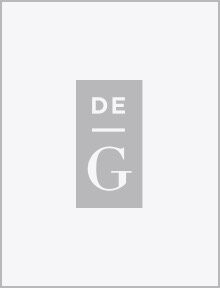

Most ebook files are in PDF format, so you can easily read them using various software such as Foxit Reader or directly on the Google Chrome browser.
Some ebook files are released by publishers in other formats such as .awz, .mobi, .epub, .fb2, etc. You may need to install specific software to read these formats on mobile/PC, such as Calibre.
Please read the tutorial at this link: https://ebookbell.com/faq
We offer FREE conversion to the popular formats you request; however, this may take some time. Therefore, right after payment, please email us, and we will try to provide the service as quickly as possible.
For some exceptional file formats or broken links (if any), please refrain from opening any disputes. Instead, email us first, and we will try to assist within a maximum of 6 hours.
EbookBell Team

4.4
62 reviewsAt the renowned, international literary conference hosted by Villa Gillet and Le Monde, organizers asked more than seventy prominent authors to choose a word that opens a door to their work. Their musings, collected here for the first time, offer an extraordinary portrait of writing and reading from the novelist's perspective. Organized alphabetically by keyword, the anthology is filled with intriguing, amusing, and often surprising insight, essential to an intimate understanding of literature.
Through these personal "passwords," authors articulate the function of language, character, plot, and structure. Throughout the process, they reveal their relationship to the elements of story. Jonathan Lethem discusses the necessity of "furniture" in the novel. A. S. Byatt describes the power of the narrative web. Colum McCann details the benefits of anonymity. Daniel Mendelsohn expounds on the unknowable, or what the author should or should not impart to the reader. Etgar Keret explains the importance of balagan, a Hebrew word meaning "total chaos," and Annie Proulx clarifies terroir, which embodies the complexities of time, place, geography, weather, and climate. Other participants include Rick Moody on adumbrated, Upamanyu Chatterjee on the bildungsroman, Enrique Vila-Matas on discipline, Adam Thirwell on hedonism, Nuruddin Farah on identities, Andre Brink on the heretic, and Péter Esterhazy on the power and potential of words, words, words.